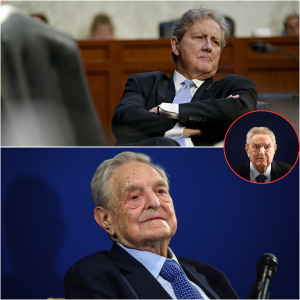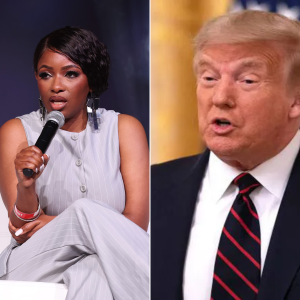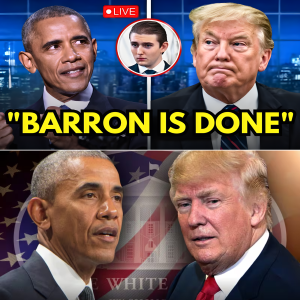Selena Gomez and Francia Raisa: From Lifesaving Friendship to Years of Silence
When actress Francia Raisa donated a kidney to Selena Gomez in 2017, it was hailed as one of the most powerful moments of celebrity friendship in recent memory. The image of the two women holding hands in their hospital beds symbolized sacrifice, loyalty, and sisterhood — a story of life, love, and healing.
But eight years later, what began as a medical miracle has unraveled into one of Hollywood’s most puzzling friendship breakdowns. From subtle online shade to emotional interviews and viral fan theories, the Selena–Francia fallout has turned into a cautionary tale about fame, gratitude, and the hidden costs of generosity.

In 2017, Gomez revealed she had been quietly battling lupus, a chronic autoimmune disease that had damaged her kidneys. Raisa, then best known for her role on The Secret Life of the American Teenager, volunteered to donate her kidney — a gesture that, by all accounts, saved Gomez’s life. “She gave me the ultimate gift and sacrifice,” Gomez wrote at the time.
For years, the two appeared inseparable. They celebrated holidays together, appeared on talk shows side by side, and affectionately referred to each other as “sisters.” But sometime between 2021 and 2022, that closeness began to fade. Fans noticed fewer public interactions, fewer posts, and eventually, unfollows on Instagram.
The tension exploded publicly in 2022 after Gomez’s My Mind & Me documentary premiered on Apple TV+. The film detailed her struggles with fame, depression, and autoimmune disease — but made no mention of Raisa or the transplant. When Gomez told Rolling Stone that “Taylor Swift is my only friend in the industry,” Raisa allegedly commented “Interesting” under a post about the quote — before quickly deleting it.
The single word sparked an internet storm. Fans accused Gomez of being ungrateful, while others defended her right to privacy. Within hours, hashtags like #JusticeForFrancia and #LeaveSelenaAlone began trending on X (formerly Twitter). The friendship that once inspired millions now divided them.
In interviews, Raisa has maintained a careful tone. When asked by TMZ about her relationship with Gomez, she smiled awkwardly and said, “We’ve gone through a lot together. I’m happy she’s doing well.” But her demeanor — tight smile, downcast eyes, clipped words — only fueled speculation that something deeper had gone wrong.
Shortly after, rumors swirled that Raisa had not been invited to Gomez’s reported private wedding in Santa Barbara — a claim neither woman confirmed. However, Raisa’s father later told Univision that his daughter had felt “hurt” and “disrespected” by how the friendship had changed, adding, “Selena’s life is her own, but Francia gave a part of herself to her.”
Meanwhile, Gomez largely remained silent. Her only public comment came when she replied under a fan’s TikTok clip: “Sorry I didn’t mention every person I know.” The line was interpreted by some as dismissive, by others as weary acknowledgment of how the story had spun out of control.

Sources close to Gomez told Entertainment Tonight that the two women “have been on different paths” and that the distance wasn’t about gratitude but growth. “Selena’s in a different stage of her life,” one insider said. “She’s focused on her mental health, marriage, and stability. Francia’s been through a lot herself, and sometimes friendships don’t survive that.”
Still, the internet refused to let it rest. Conspiracy threads began circulating on Reddit and TikTok, accusing Raisa of jealousy or emotional manipulation — narratives that blurred the line between speculation and slander.
Then came the most unexpected twist: Taylor Swift. According to fan interpretations of a now-viral Instagram Story, Swift subtly hinted that she had “seen what happens when people weaponize kindness.” Many took it as an indirect reference to the Selena–Francia rift. Others dismissed it as coincidence.
Whether or not Swift meant anything by it, her involvement reignited the story. Daily Loud and other gossip accounts began reposting old clips, framing Raisa as possessive and controlling. Some users even resurfaced footage of Raisa allegedly expressing discomfort with Gomez’s lifestyle choices — drinking wine, staying out late — as evidence of moral judgment.
By late 2024, both women seemed exhausted by the narrative. Gomez’s team stopped addressing the subject entirely. Raisa, meanwhile, began speaking more openly about her own experiences, revealing she struggled with ADHD and PTSD after the surgery — not from physical complications, but from the emotional aftermath. “It changes you,” she said. “When you give something like that, you think it’s forever.”

Public reaction remains polarized. Some view Gomez as a star unfairly vilified for setting boundaries; others see Raisa as a woman wronged and forgotten. But in an industry built on image and intimacy, both appear trapped by the same machine that once celebrated them.
The truth, as always, is likely somewhere in the middle. Friendships — especially those forged under a spotlight — rarely survive the weight of global attention. Gratitude and guilt can coexist. Love can curdle into resentment.
Eight years after one of Hollywood’s most moving acts of friendship, Selena Gomez and Francia Raisa now represent something else entirely: the cost of compassion in an age that refuses to let people move on.
And in a digital world where every follow, unfollow, and emoji becomes a headline, perhaps the real tragedy isn’t that their friendship ended — but that neither of them ever got the chance to let it quietly heal.





